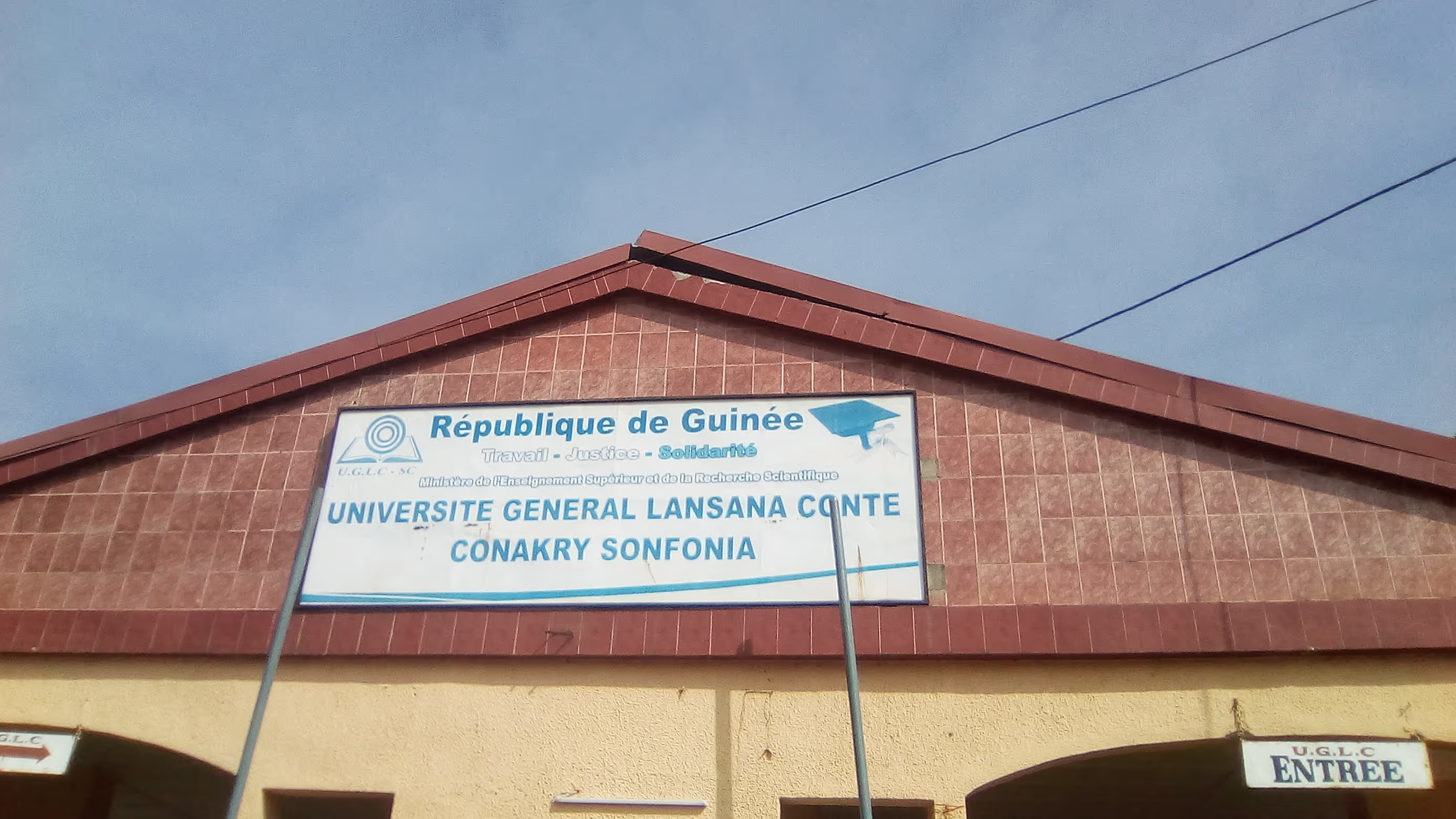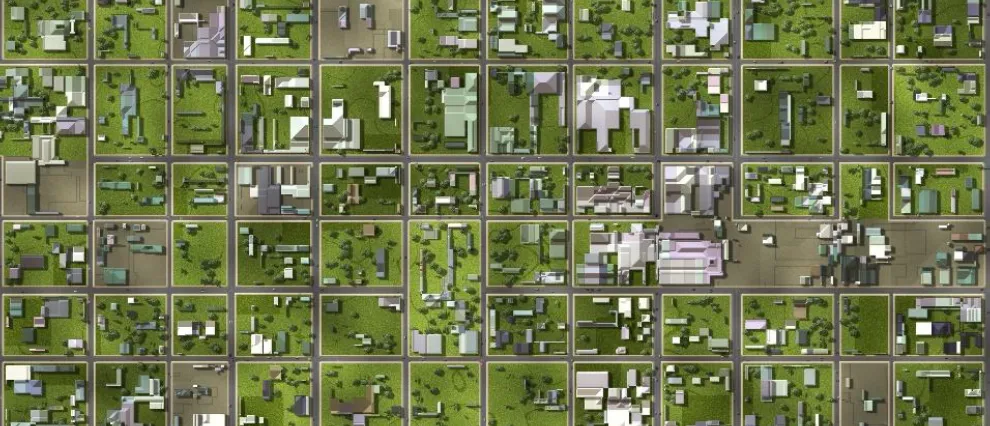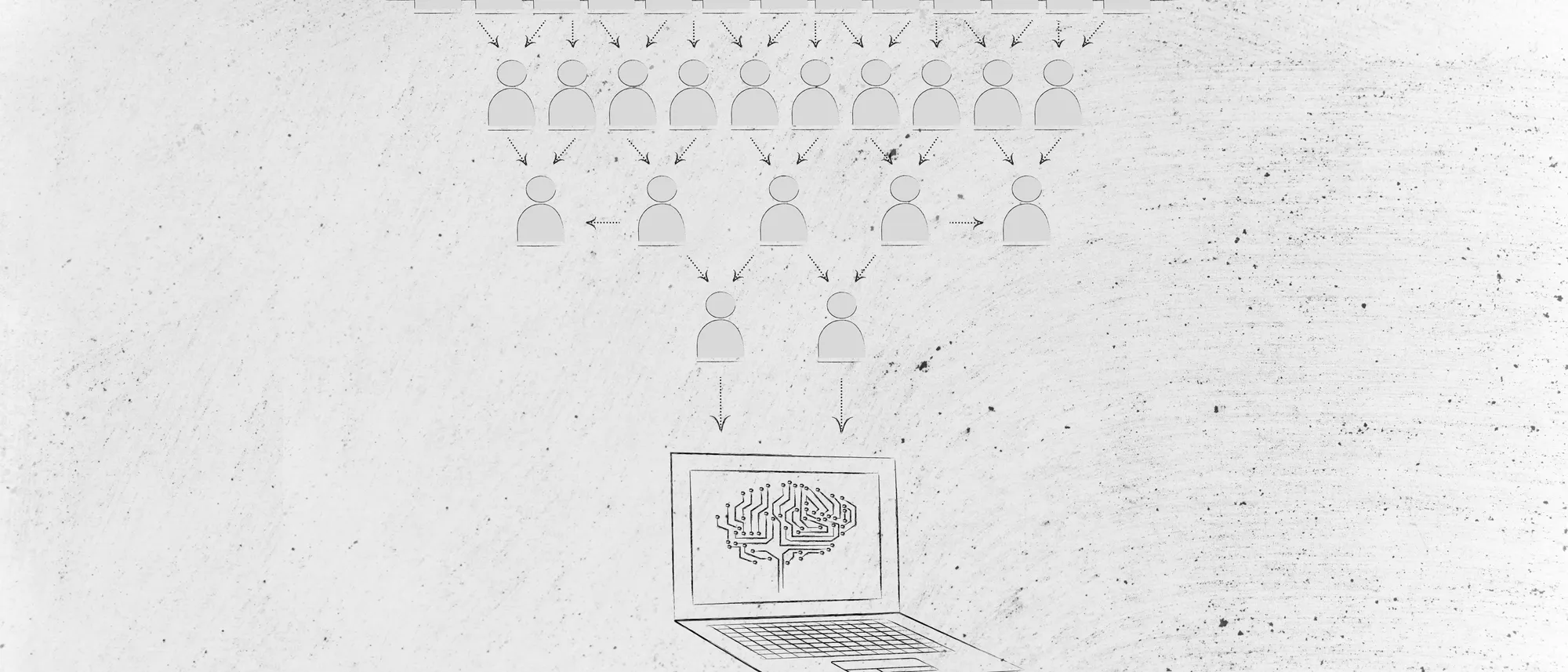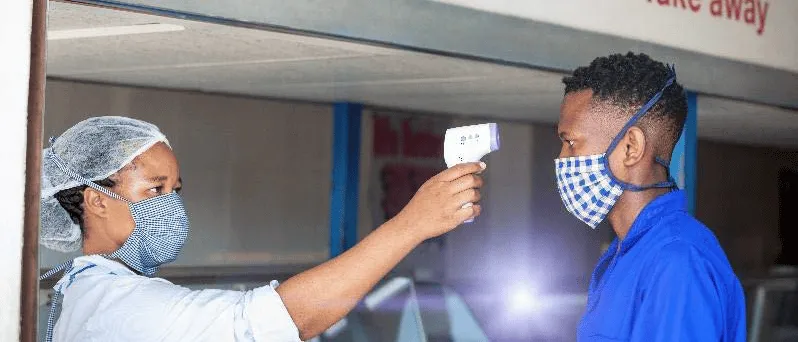The challenges of developing a career as an anthropologist and qualitative health researcher in post-Ebola Guinea


The Guinean post-Ebola research landscape
Following Guinean independence, Guinea’s leaders favoured thedevelopment of technical and professional schools meant to train specialists and professionals to take over the rolesformerly occupied by the colonial French.
27 years later, new pathways to social science education have beendeveloped. But disciplines like anthropology and sociology have not benefited from any dedicated policy promoting theirprofessional and institutional development in the country. There are no policies aimed at supporting, for example,research and publication costs for Guinean social scientists; the expanded recruitment of robustly-trained anthropologyprofessors; the creation of graduate programs in social and cultural anthropology; the provision of state funding forgraduate students in anthropology or sociology; or the enhancement of opportunities for anthropology students throughpartnerships with foreign researchers. Students who have a passion for anthropological research have not had access tobooks and articles dealing with issues of development, public health, or the lived experiences and perceptions ofpopulations experiencing public health crises.
With the emergence of Ebola in the country in 2014, researchersfully appreciated the magnitude of the sociological challenge they were facing in trying to deal with the epidemic.Local people’s reluctance to engage with medical and research teams significantly complicated epidemic control measures,but so did the lack of well-supplied libraries run by well-qualified staff for those on the ground in need of referencematerials during this period. In addition, leaders and managers of the education and research system have shown littleregard for the contributions of social sciences during the epidemics that the country experienced in thepast.
Today, more than ever, the challenge of developing a career as an anthropologist is immense: there is thelack of university libraries stocked with new publications, the limited involvement of Guinean researchers in theprocessing of data collected in the country by foreign researchers, the lack of Guinean scientific journals that couldpublish the work of Guinean researchers, and the low standard of living of researchers, which prevents them fromassembling personal libraries (given the high cost of books) and, even more acutely, from pursuing specialised trainingin Western universities (given the high cost of graduatestudies).

Benefits of working with international research teams
“A single finger cannot pick a pebble up off theground” is an African proverb meaning that it is only by joining forces that it becomes possible to accomplish somethingconcrete.
Working in Guinea with international researchers represents an ideal opportunity for Guineanresearchers to learn or increase their knowledge, and to develop a career in anthropology. Because anthropology is achanging science (evolving according to the new public health and development challenges it encounters), Guineanresearchers (students and professionals alike) need to work alongside foreign researchers in order to benefit from thelatter’s knowledge and know-how. Countries that have made considerable advances in social science research have a lot togive researchers from countries where social science research is a challenge.
Working with international researchteams gives researchers (and students) an opportunity to update their training in the use of research tools, and dataprocessing and analysis software.
Conducting research on issues such as best-practice for the conduct of clinicaltrials, researcher and research participant experiences, ethics in international humanitarian crisis situations (Guineahad never experienced such a crisis before the Ebola outbreak), and popular perceptions of diseases and of virustransmission, has made it possible for student researchers to make significant strides in the development of theirresearch career. The Ebola outbreak has been a turning point in the collaboration between Guinean and foreignresearchers (and an opportunity for capacity building, by means of a better understanding of the new challenges thatrelate to public health policies and of the ways others have dealt with similar problems in the past).
Publishingarticles in international journals or books is key to Guinean researchers having their expertise recognised and theirreputation built on the international research stage.
This collaboration with foreign researchers, and theresulting publications, have made it possible to measure the level of commitment of national research institutions inthe country. International research institutions have consequently undertaken efforts to support Guinean researchers byfunding the construction of research structures and masters’ programmes in some of the country’s universities andresearch centers.*
In order for Guineans to be able to achieve the research careers they envision, certainconditions must be met.
First, highly qualified foreign researchers conducting studies in the country should bewilling to share their knowledge about the entire research process with their Guinean colleagues. They should also agreeto submit articles by Guinean researchers for publication in Western journals (and to facilitate the publicationprocess), and to foster opportunities for study exchanges to Western universities. Secondly, it is important to ensurethe participation of local Guinean researchers in symposia and conferences that focus on subjects of interest to bothlocal and international researchers.
These goals can only be achieved by way of a collective effort by national(Guinean) research institutions and foreign academic institutions. Finally, these different strategies and provisionswill make it possible for Guinean sociological and anthropological researchers to truly benefit from a certain prestige,by giving them meaningful access to the status of international researchers.
*1) LASAG (Laboratoire d’analysesocio anthropologique de Guinée, or "Guinean laboratory for socio-anthropological analysis", supported by UNICEF). 2)MASDEL (Master Acteur social du développement local-Institut d’Etude développement économique, or "Master’s in localsocial development practice" of the Institute for Economic Development, supported by the Panthéon Sorbonne Paris 1). 3)CFRSRM (Centre de formation et de recherche en santé rurale de Maferenya, or “Maferenya training center for rural healthresearch”, supported by the NIAID-NIH-HHS)
Stay updated
Sign up for our newsletter to receive regular updates on resources, news, and insights like this. Don’t miss out on important information that can help you stay informed and engaged.
Explore Elrha
Learn more about our mission, the organisations we support, and the resources we provide to drive research and innovation in humanitarian response.


